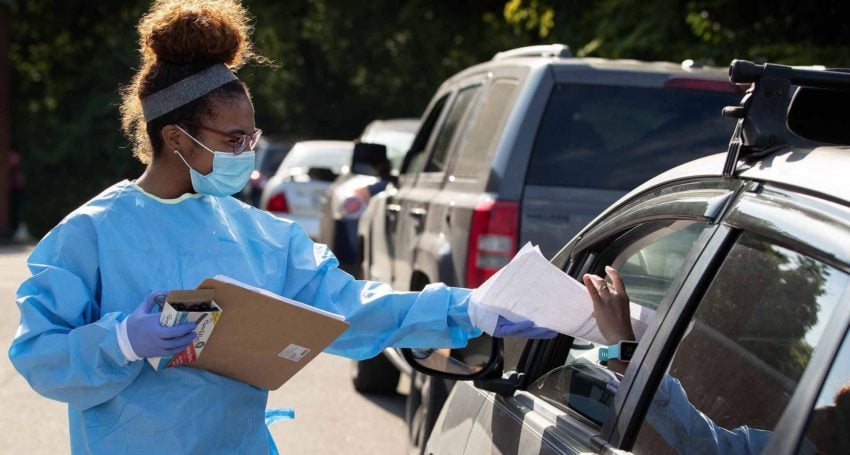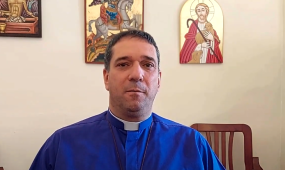Faith-based leaders and organisations have responsibility to advise on moral implications of COVID-19 vaccine distribution decisions
News
World Council of Churches and World Jewish Congress present paper inviting religious leaders to reflect and engage on ethical issues related to global COVID-19 vaccine distribution

As governments and international organizations work together to determine who will get the COVID-19 vaccine first, and how quickly, the World Council of Churches (WCC) and the World Jewish Congress (WJC) released a joint paper laying out moral questions for religious leaders and organizations to raise in policy discussions around vaccine distribution.
The paper, an “invitation to reflection and engagement on ethical issues related to COVID-19 vaccine distribution,” argues that as vaccine distribution decisions are “fundamentally ethical in nature, religious leaders and organizations have a critical role and responsibility to be engaged in relevant policy discussions.”
The WCC and WJC lay out international and national-level concerns for religious leaders to consider and engage around, such as the concern for global equity in the distribution of available vaccines, ensuring those living in poorer countries are not excluded.
The two organizations also raise concerns about “vaccine nationalism,” through which higher income countries attain higher levels of vaccine supply, leaving less available for equitable global allocation. “This is a moral issue that warrants comment and action by religious leaders.”
For Rev. Prof. Dr Ioan Sauca, interim general secretary of the WCC, “the most important thing is that faith leaders take up the responsibility of helping their communities and societies reflect on these urgent ethical and practical issues and contribute to decisions that are morally substantiated and accepted in their own contexts at this critical inflexion point in the course of the pandemic. And I am very grateful that we could partner with the World Jewish Congress in formulating and presenting this invitation to our respective communities as they confront these very challenging questions.”
Advertisement
Maram Stern, executive vice president of the World Jewish Congress, said “As we are starting to see the light at the end of the long COVID-19 tunnel, I sincerely appreciate this joint WCC-WJC initiative, which is both timely and substantial. I am hopeful that religious leaders and faith-based organizations around the world will find these guidelines valuable as they advise governments and policymakers on vaccination distribution priorities. The document was drafted in a spirit of interfaith dialogue and cooperation, drawing inspiration from our respective Jewish and Christian traditions, which have helped to guide us through this life-changing time.”
The WCC and WJC urge religious leaders of all faiths to “consider confronting publicly the unsubstantiated rumours and conspiracy myths, promoted without evidence, that undermine public trust in health authorities and services and in tested and approved vaccines themselves – and that thereby threaten an effective public health response to the pandemic. In some cases, such conspiracy myths have an explicitly antisemitic basis which should in any event be denounced,” reads the paper.
Advertisement
The World Council of Churches is a fellowship of 350 churches from more than 110 countries, representing over 500 million Christians worldwide. The World Jewish Congress is the international organization representing Jewish communities in more than 100 countries to governments, parliaments and international organizations.
The full text of the paper is available at both WCC’s and WJC’s websites. Religious and faith-based leaders and organizations are encouraged to share it further.
Click here to read the full paper.
First published on the World Council of Churches website on 22 December 2020.





